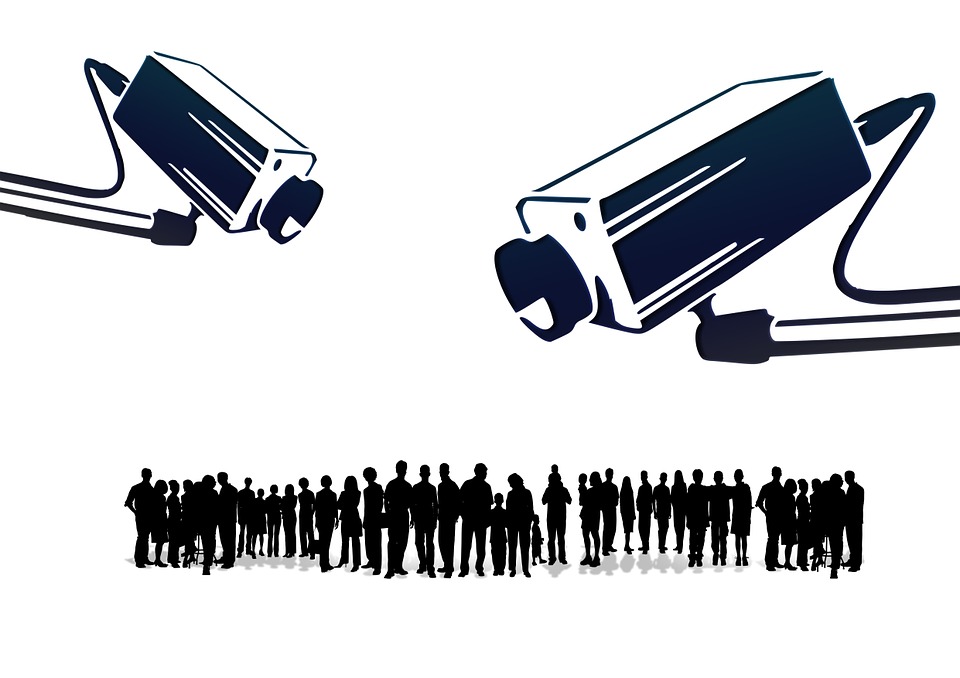Although we want to believe that our employees and customers are good people, this is not always possible. Installing a surveillance system in your business is a great way to deter or record crime. However, there are surveillance laws that you must keep in mind when installing a system to prevent any legal issues from happening.
Surveillance is Prohibited in Private Spaces
Although surveillance laws different in each state, it’s generally accepted that security cameras should not be installed in private places. A private place is defined as a place where someone can expect a high level of privacy. Such places can include:
- Bathrooms
- Changing/fitting rooms
- Hotel rooms
- Bedrooms
- Locker rooms
- and more
So even though you do have the right to install a surveillance system in your business, you should make sure you do not install any cameras in these areas.
Recording Audio Can Be Counted as Wiretapping
In general, it is legal to record video footage of your business using hidden cameras without the consent of other people. However, audio recording follows different surveillance laws. Some states only require the consent of one party (could be you) while other states require the consent of both parties. However, it is illegal in all states to record a conversation that you could not have naturally overheard without the consent of at least one party. If you want to record audio in your business or workplace, you must inform employees beforehand.
Legitimate Business Reason for Surveillance is Necessary
If you want to install a surveillance system in the workplace, surveillance laws require you to have a legitimate business reason for doing so. For example, surveillance cameras should not be used to spy on employees to get details about their personal life for blackmail purposes. However, they can be used near cash registers and inventory rooms to ensure that employees are not stealing.
Notify Employees of Video Surveillance
Even though surveillance laws are different in each state, a general rule of thumb for preventing legal issues would be to notify employees that they will be recorded. Hidden cameras are allowed in some states, but it’s always better to let people know beforehand. Employers can have signs placed around of have a written clause in employee contracts. It is also important to explain your business intentions for recording like monitoring for misconduct or for evaluating employee performance. By notifying your employees and clearly laying out policies, you can avoid legal claims that you’re infringing on employee privacy.
Wrap Up
Many employers and businesses understand that installing a surveillance system is a great way to protect your employees and assets. However, it’s important to keep a few surveillance laws in mind when planning to install one because you could run into some legal problems. For the best protection, make sure that you have good intentions and that you inform your employees.

